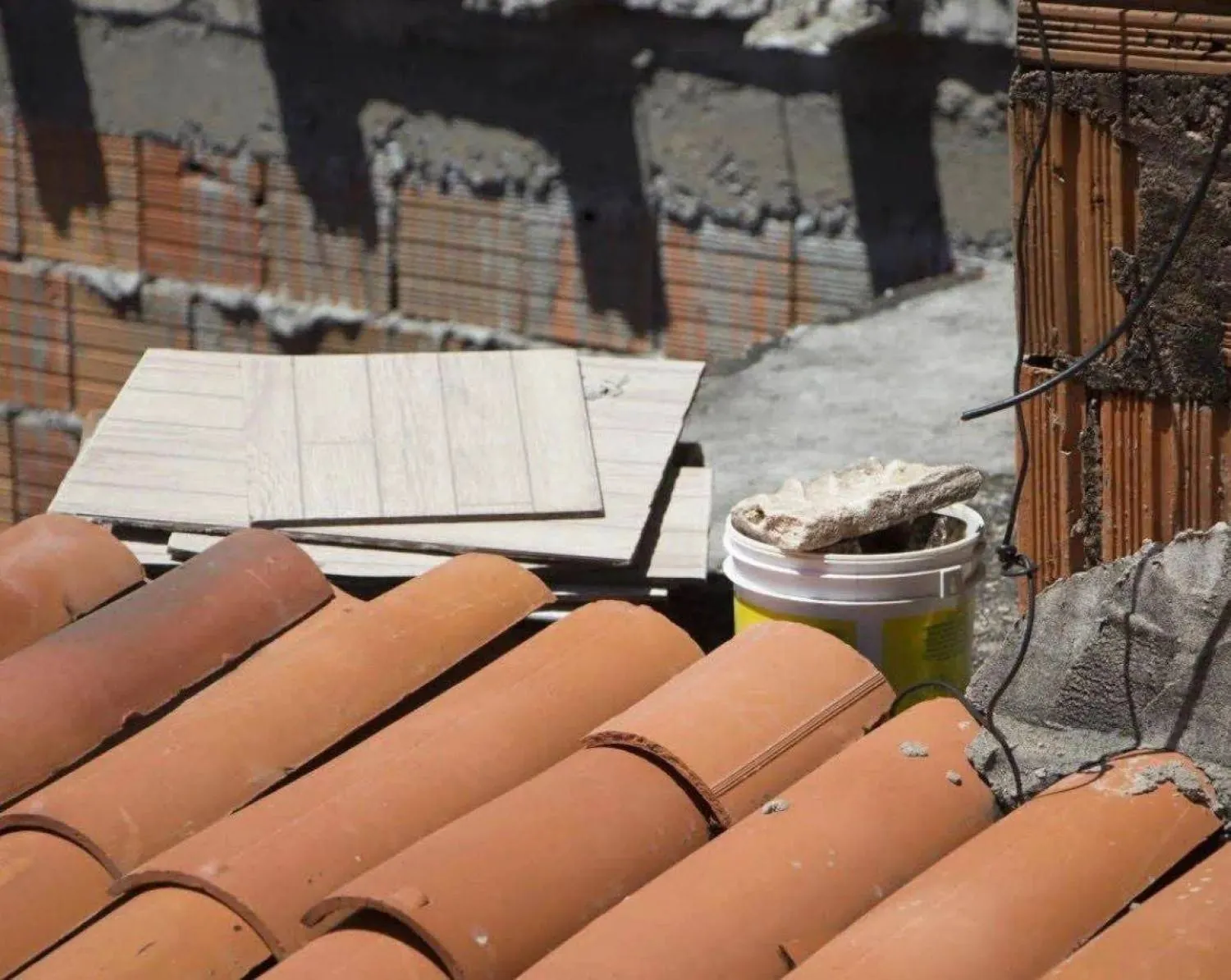Saudi Ambassador to the United States Princess Reema bint Bandar underscored the strength of the ties between Riyadh and Washington, describing them as strategic and dating back 80 years.
In an interview to CNN aired on Tuesday, she said the United States’ revision of bilateral relations between Riyadh and Washington was a “positive thing.” The Biden administration had said it wanted to reevaluate the relationship in the aftermath of the OPEC+ decision to cut oil output.
“Our relationship is more than the sale of arms and it is more than the exchange of oil,” Princess Reema stressed.
She noted that although Riyadh’s relationship with Washington is at a “point of disagreement” in light of OPEC+’s decision, relations between the allies have remained strong for a long time.
“This is not political; this is purely economic, based on the expertise of 40 and 50 years of mapping,” said Princess Reema.
Moreover, she emphasized that the Kingdom does not interfere in the policies of others, but rather it plays a role in achieving the stability of the energy markets as it has always done over the decades.
She highlighted the Kingdom's Vision 2030, saying Saudi Arabia was “reframing itself to be one of the largest energy producers” by investing billions of dollars in renewables while ensuring the balance of the oil market.
“We want to have this next chapter of clean energy as a partnership because that’s the future. This argument about OPEC is today because the world is tense. But it’s not the conversation of the future,” she said.
“The United States had a 200-year journey of transformation,” Princess Reema continued. “We’ve had 80. We’re different people in a different place, and we are going to get there because we believe in the same thing. We believe in the set of opportunities for our people. And we’re very proud of the changes that have happened. The Kingdom is not what it used to be five years ago.”
Asked about Saudi Arabia’s support to Russia, Princess Reema replied: “The Kingdom has a policy of engaging with everybody across the board, those who we agree with and those who we disagree with.”
Furthermore, she noted that it was Saudi Arabia’s relationship with Russia that allowed the Kingdom’s mediation efforts to secure the release of prisoners of war, including two Americans.
Princess Reema added that Riyadh has provided humanitarian support of over $400 million for Ukraine and another $10 million to Poland as it grappled with Ukrainian refugees fleeing the war.
She said she was in regular contact with the Biden administration.
“I deal very regularly with the administration, and frankly, it’s an administration that I have profound respect for. I have only had the most gracious and direct communication, as we should. That’s how partners communicate with each other,” she continued.









